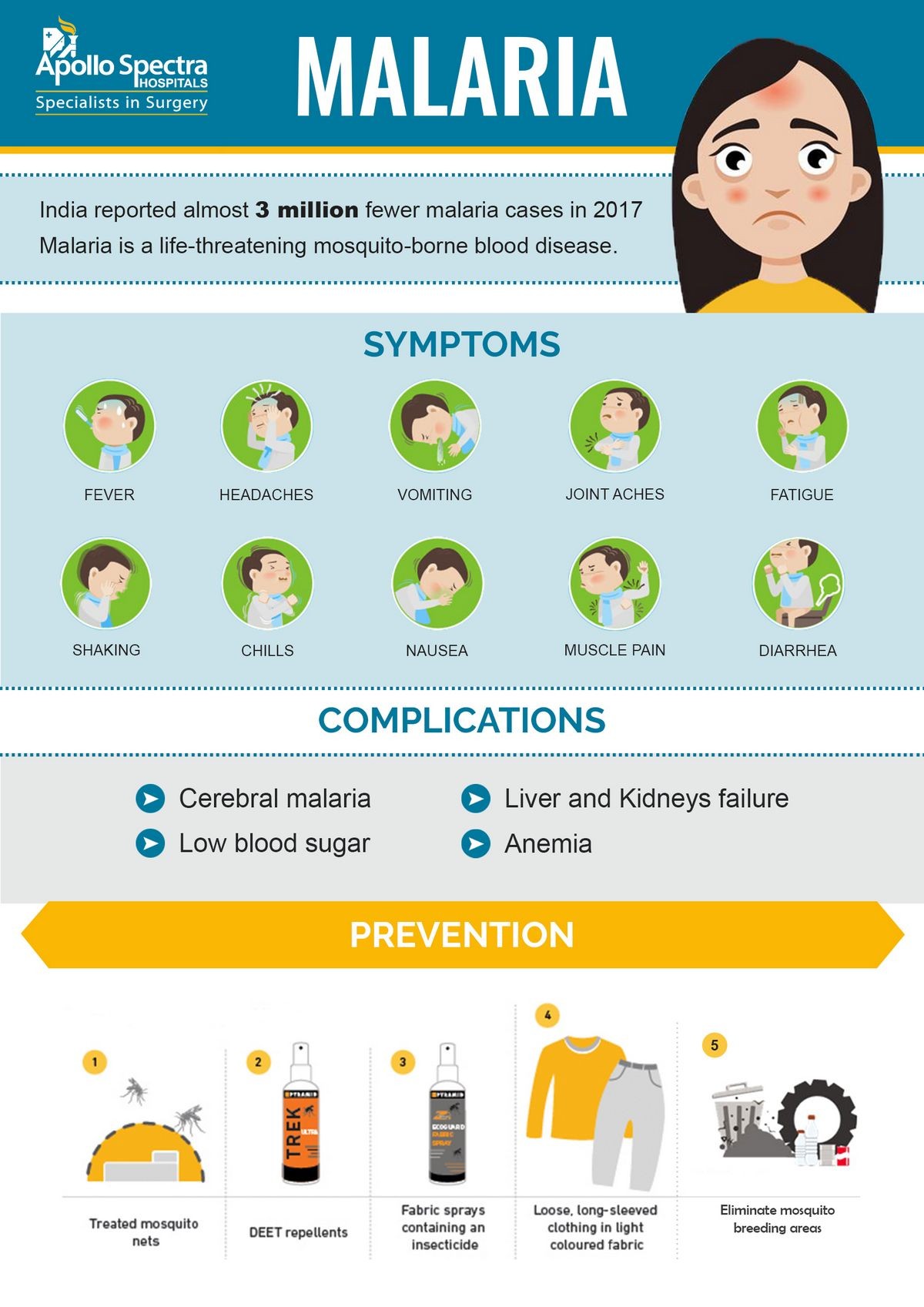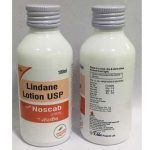
Contents
- 1 Malaria
- 1.0.1 Is malaria contagious?
- 1.0.2 What is the incubation period for malaria?
- 1.0.3 What causes malaria? What are the types of malaria?
- 1.0.4 What are malaria symptoms and signs?
- 1.0.5 What specialists treat malaria?
- 1.0.6 How do physicians diagnose malaria?
- 1.0.7 What is the treatment for malaria?
- 1.0.8 Can malaria reoccur after treatment?
- 1.0.9 What is the prognosis of malaria?
- 1.0.10 Is there a malaria vaccine?
- 1.0.11 How can people prevent malaria?
Malaria
Malaria is a serious and sometimes fatal disease spread by mosquitoes and caused by a parasite. It was a significant health risk in the U.S. until disease-control programs in the late 1940s eliminated it. The illness presents with flu-like symptoms, including high fever and chills.
There are three necessary aspects to the malaria life cycle:
- The Anopheles mosquito carries the parasite and is where it starts its life cycle.
- The parasite (Plasmodium) has multiple subspecies, each causing different symptoms and responding to different treatments.
- The parasite first travels to a human’s liver to grow and multiply, then infects and destroys red blood cells.
Is malaria contagious?
Malaria is a mosquito-borne disease that does not spread from person to person except during pregnancy, through blood transfusions, or when drug users share needles. Malaria is not considered contagious from person to person except in these conditions.
What is the incubation period for malaria?
After a mosquito bite, symptoms appear after a seven- to 30-day period (incubation period). The incubation period for P. vivax is usually 10-17 days but can be longer (up to 30 years!). P. falciparum usually has a short incubation period (10-14 days). Other species of Plasmodium have similar incubation periods to P. vivax.
What causes malaria? What are the types of malaria?
Parasites of the genus Plasmodium cause malaria. Only five species infect humans and cause malaria.
- Plasmodium falciparum: found in tropical and subtropical areas; a significant contributor to deaths from severe malaria
- P. vivax: found in Asia and Latin America; has a dormant stage that can cause relapses
- P. ovale: found in Africa and the Pacific islands
- P. malariae: worldwide; can cause chronic infection
- P. knowlesi: found throughout Southeast Asia; can rapidly progress to severe malaria infection
What are malaria symptoms and signs?
Malaria has a wide spectrum of symptoms. After an infected mosquito bite, symptoms can appear between seven and 30 days (incubation period).
Healthcare professionals classify malaria as uncomplicated or severe.
Uncomplicated malaria
The most common symptoms include:
- fever and chills
- headaches
- nausea and vomiting
- general weakness and body aches
The classic description of a malaria attack would be a cold and shivering stage alternating with fever and headaches, followed by sweating and tiredness.
It is important to evaluate if the patient has risk factors for malaria (usual travel in endemic areas) when these nonspecific symptoms are present.
Severe malaria
This occurs when malaria affects different body systems.
- Severe anemia (due to red blood cell destruction)
- Kidney failure
- Cerebral malaria — seizures, unconsciousness, abnormal behavior, or confusion
- Cardiovascular collapse
- Low blood sugar (in pregnant women after quinine treatment)
What specialists treat malaria?
Malaria can be treated by primary care doctors or infectious-disease specialists.
How do physicians diagnose malaria?
The symptoms of malaria can mimic many other diseases, so it is essential to ask about recent travel to an endemic area or other possible exposures.
Physicians make a definite diagnosis of malaria by looking at an infected patient’s blood under the microscope and identifying the presence of the parasite. Rapid diagnostic tests are also available.
What is the treatment for malaria?
In addition to supportive care, the medical team must choose the appropriate antimalarial drug(s) for treatment based on several factors, including the specific species of parasite, the severity of symptoms, and geographic drug resistance.
The most commonly used medications include chloroquine, doxycycline, quinine, mefloquine, atovaquone/proguanil, artemether/lumefantrine, and primaquine phosphate.
Can malaria reoccur after treatment?
P. vivax and P. ovale can hibernate in the liver and cause relapses weeks or months later.
Tafenoquine has been approved to prevent relapses of Plasmodium vivax in patients 16 years of age and older.
What is the prognosis of malaria?
If diagnosed early and appropriate antimalarials are available and used, the prognosis is excellent.
Worldwide, malaria is responsible for over 400,000 deaths per year, with the majority of victims being young children from sub-Saharan Africa. P. falciparum tends to cause the most complications and has a high mortality if untreated. Cerebral malaria has a 20% mortality rate even if treated.
Is there a malaria vaccine?
Currently, there is no commercial vaccine available to prevent malaria, but efforts are being made to develop one.
How can people prevent malaria?
Prevention includes evaluating if malaria is a concern in the area of travel, taking chemo-prophylaxis if recommended, and following preventive measures to avoid mosquito bites:
- Sleeping under insecticide-treated bed nets
- Wearing protective clothing
- Applying insect repellent to exposed skin
By clicking Submit, I agree to the MedicineNet’s Terms & Conditions & Privacy Policy and understand that I may opt out of MedicineNet’s subscriptions at any time.
Khuu, Diana, Mark L. Eberhard, Benjamin N. Bristow, Marjan Javanbakht, Lawrence R. Ash, Shira C. Shafir, and Frank J. Sorvillo. "Malaria-Related Hospitalizations in the United States, 2000-2014." The American Journal of Tropical Medicine and Hygiene 97.1 July 2017: 213-221.
Tintinalli, Judith E., ed. Tintinalli’s Emergency Medicine: A Comprehensive Study Guide. 7th ed. New York: McGraw-Hill, 2011: 1056-1062.
United States. Centers for Disease Control and Prevention. "Malaria." June 16, 2018. .


